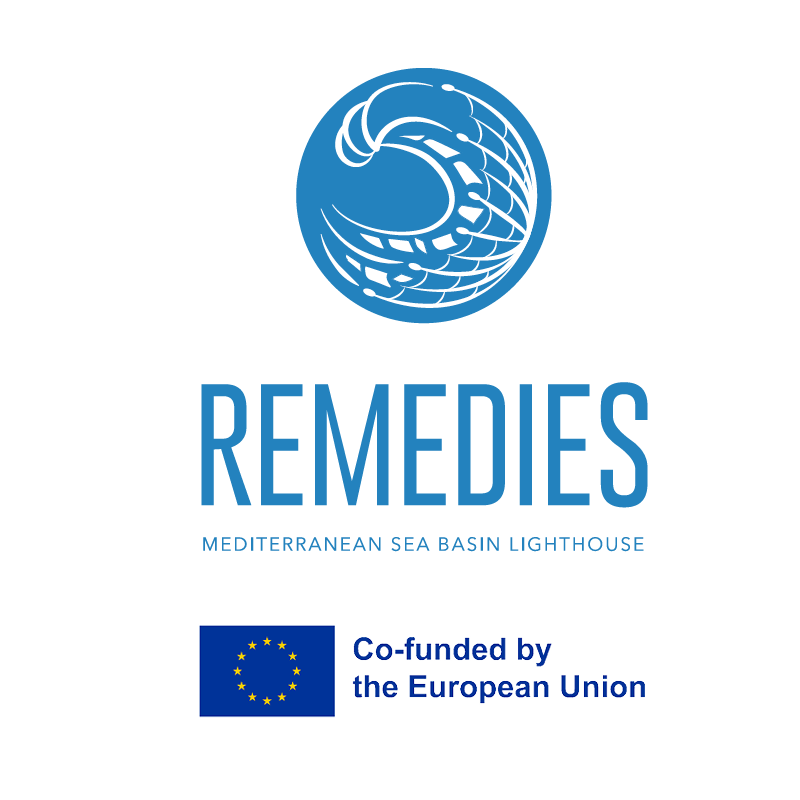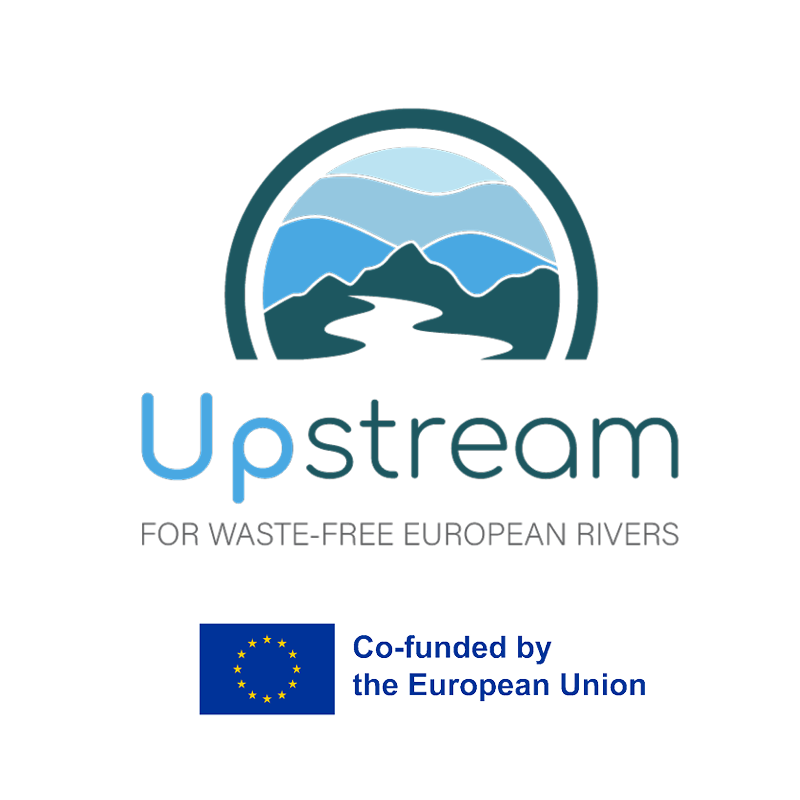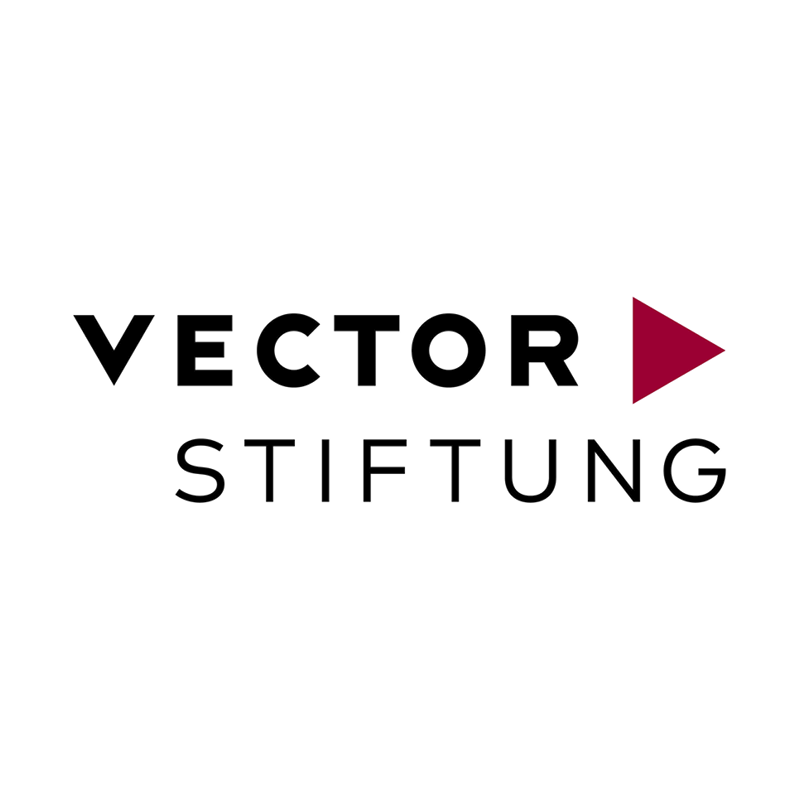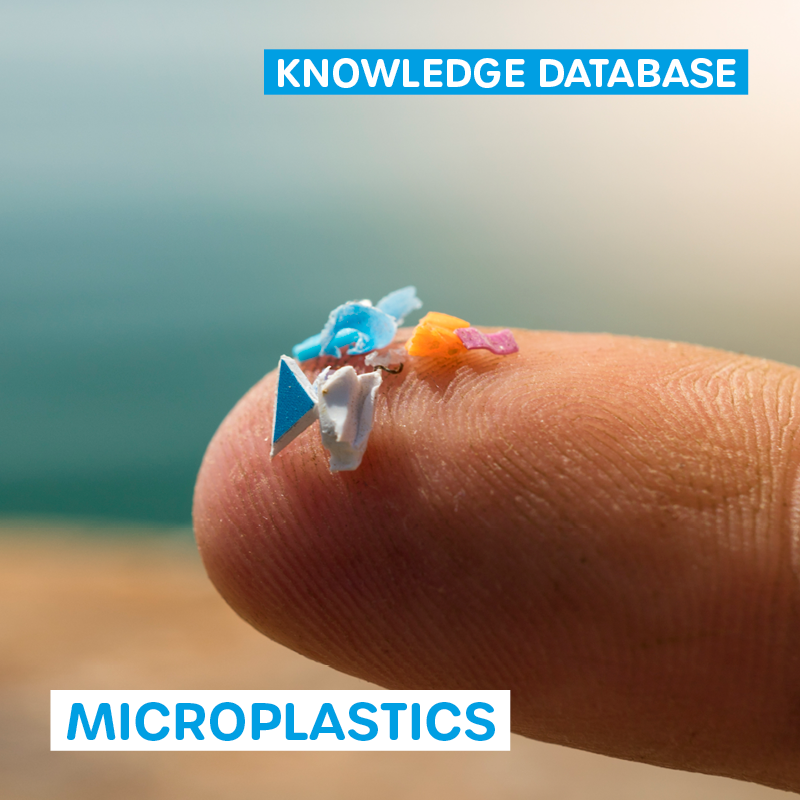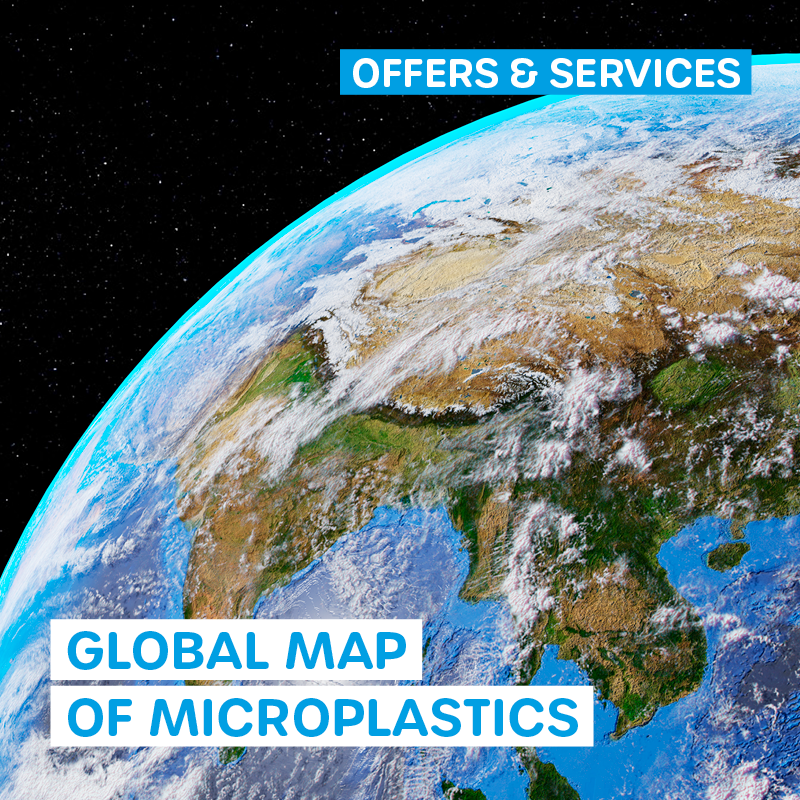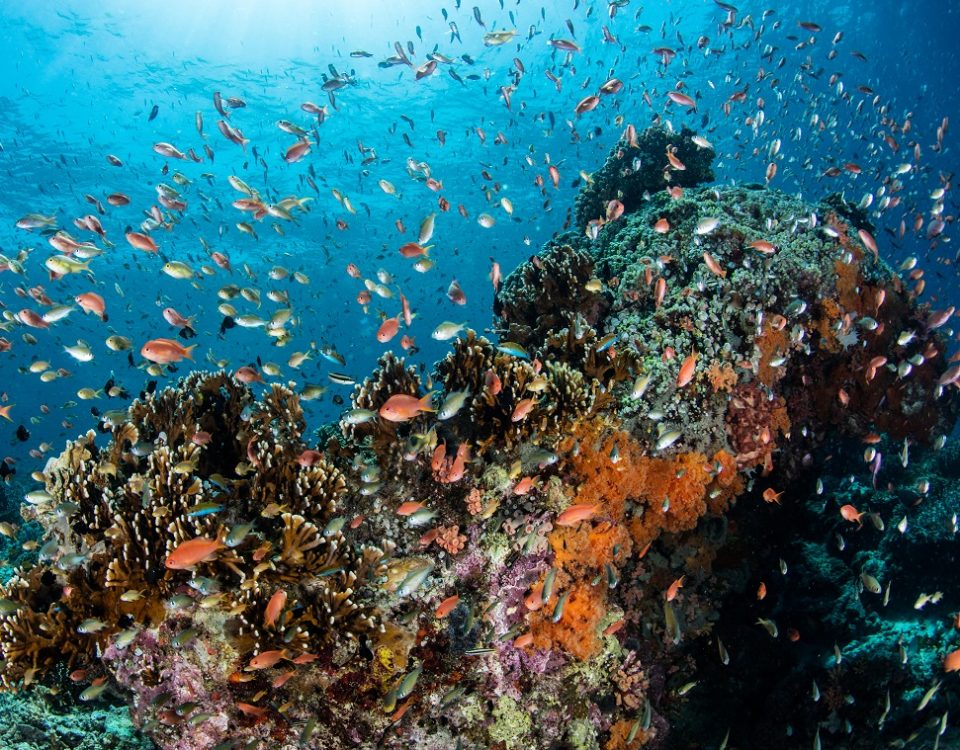
Overview of our research and development projects
Here you will find a list of our current and completed projects. We are proud to say that we have already successfully acquired research funding and will continue to do so thanks to our non-profit status and our "open-innovation approach". This provides us with a degree of continuity.
In addition, we try to fill information gaps with our own projects and dispel myths through transparent data collection and communication. These types of projects are financed exclusively through sponsorship and donations.

In our research project konti | detect we develop a multifunctional, continuous detection and evaluation tool for microplastics in water. This will provide comprehensive, harmonized sampling and thus qualified data acquisition of microplastic contamination in surface waters, seawater, and wastewater.

The NEoPoly project is involves the development of a removal technology for the economic removal of water-soluble synthetic polymers from industrial wastewater based on circular process control and the resource-saving use of innovative process chemicals. This is a project from abcr GmbH and Wasser 3.0 gGmbH and is funded by the innovation promotion of the state Baden-Wuerttemberg.

At the Landau-Mörlheim wastewater treatment plant operated by Entsorgungs- und Wirtschaftsbetriebe Landau i.d.Pfalz (EWL), the Wasser 3.0 PE-X® process was used for the first time in a long-term trial in municipal wastewater. Accompanied by the continuous detection of microplastics, extensive data sets were obtained.
Further information
More news in our blog
17. July 2024
Microplastics are a pervasive environmental pollutant affecting wildlife, ecosystem, and human health. Microplastics can be consumed at all trophic levels and transmitted along the food chain, resulting in numerous long-term detrimental impacts on wildlife and ecosystems across the world. The amount of research investigating such impacts has been increasing over the years. We have gone through recent, state of the art research that has been done on microplastic impacts on wildlife in terrestrial, freshwater, and marine ecosystems, and summarize some of the main points in this blog.
(Micro)plastic pollution is a complex global issue, affecting ecosystems, wildlife, and human health around the world. Understanding the inputs and fluxes of microplastic pollution across environmental compartments and ecosystems provides a critical foundation for effective policymaking and environmental management. By taking action against (micro)plastic pollution and transitioning towards a more sustainable and circular economy, numerous potentials and advantages can be identified, including measurable contributions towards achieving the UN Sustainable Development Goals.
1. July 2024
Under the auspices of the EU Green Week, the Water Innovation Europe Awards 2024 were presented on the first day of Water Innovation Europe 2024. At the ceremony with more than 260 participants, five innovators and their groundbreaking solutions in the water sector were the center of attention. And we were right in the middle of it all!
24. June 2024
One of the main sources of direct microplastic entry into the environment is through the wearing and washing of synthetic textiles. This accounts for approximately 35% of the microplastics entering the global marine environment every year, amounting to between 200,000 and 500,000 tonnes. There are multiple pathways and options to target the unintentional release of microplastics from textiles, from the design through to the use and disposal, that must be considered. The European Commission has identified the textile value chain as a key priority in the EU Circular Economy Action Plan and proposed key actions and measures that are set to be finalized by the end of this year. This blog will provide an overview of issues related to the synthetic textiles, the proposed pathways to target unintentional microplastic release, along with the associated challenges that must be addressed.

